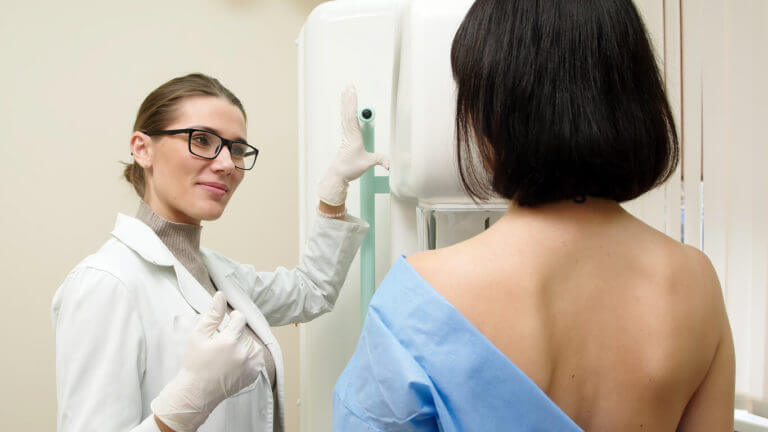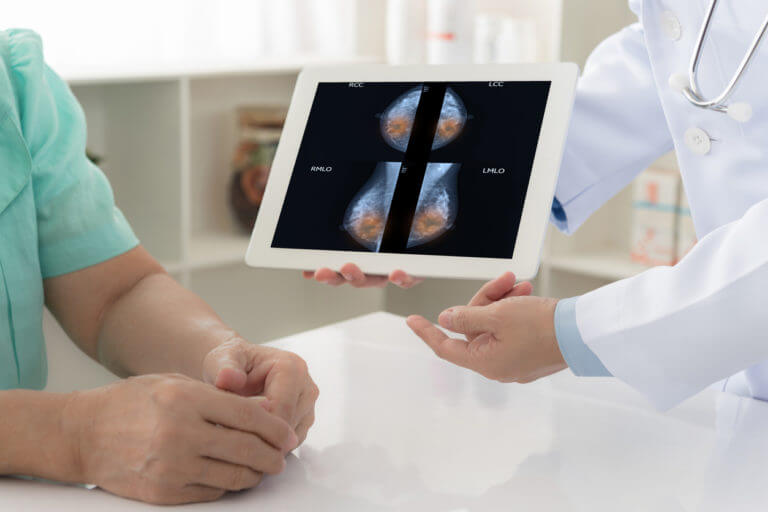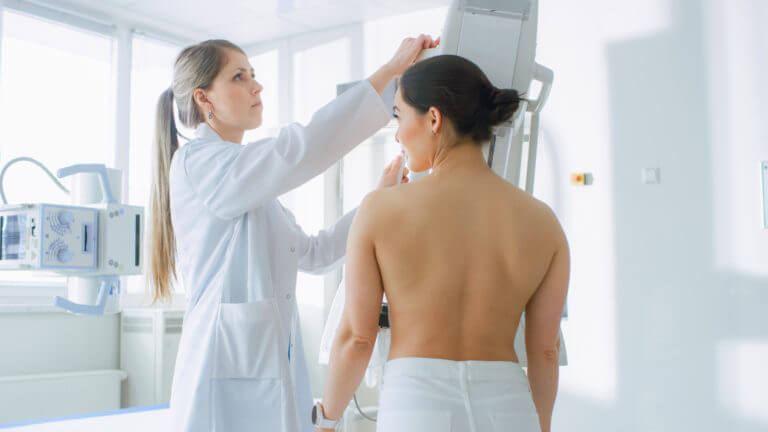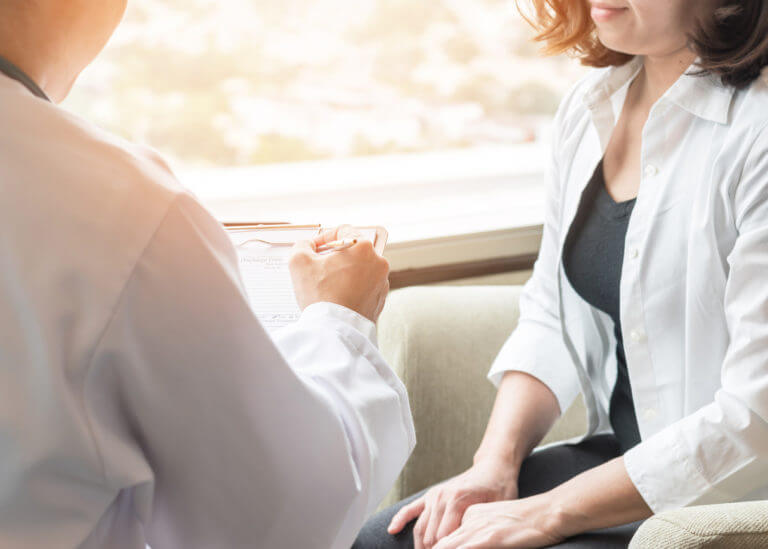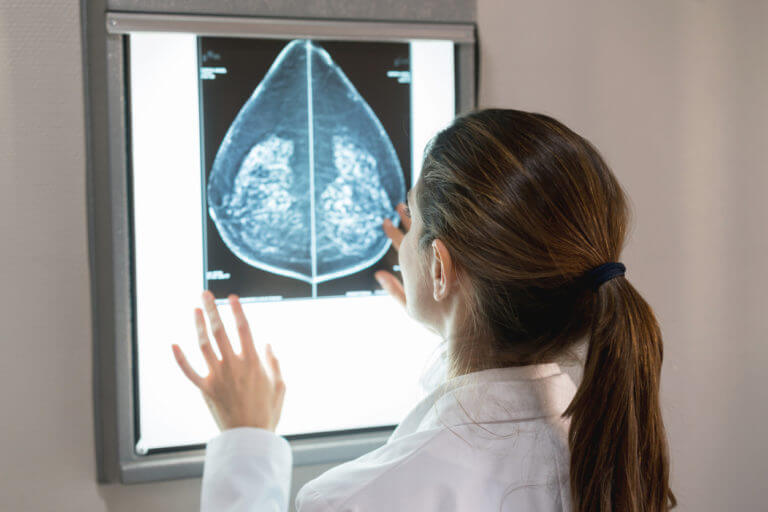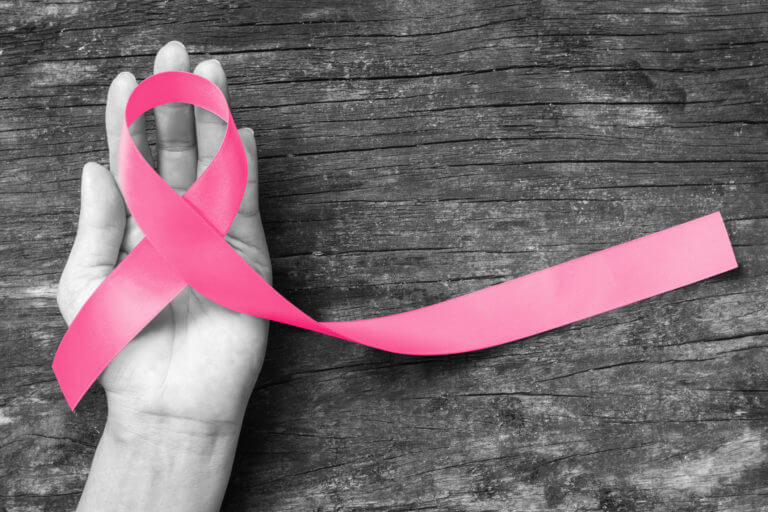Mammograms have become an essential tool in the fight against breast cancer. They are crucial for early detection, improving treatment outcomes and offering peace of mind. If you are wondering “where to get a mammogram near me,” this blog will help guide you. From explaining how mammograms work to their importance and how to schedule
Read MoreBreast Health
When to See a Gynecologic Oncologist
A gynecologic oncologist is a specialty gynecologist who is educated and trained in oncology – the medical specialty that diagnosis, treats, prevents, and studies cancer. They provide comprehensive care for women who have cancers specifically in the reproductive system. This includes the uterus, ovaries, fallopian tubes, vulva, vagina, and cervix. Gynecologic oncologists also diagnose and
Read MoreHow to Prevent Breast Cancer
Statistically, an American woman has about a 12.5% chance of being diagnosed with breast cancer at some point during her lifetime. The incidence rates have been increasing slightly every year in recent decades – some of the reasons appear to be uncontrollable, but others are controllable. There are numerous issues associated with breast cancer. Below,
Read MoreHow to Maintain Your Breast’s Health
With the amount of effort and research invested into finding a cure for breast cancer, it is heartbreaking, almost inconceivable, that the number of diagnoses continues to rise each year. However, there are things you can do to reduce your risk of developing breast cancer. Here are some ways that you can maintain your breasts’
Read MoreBreast Cancer Screening
When cells in and around the breast are growing abnormally and out of control, breast cancer occurs. The cancer can be benign (not life-threatening) or malignant (life-threatening), and the goal is to catch the cancer before it can spread to other parts of the body through the circulatory and lymphatic systems. Approximately 1 in 8
Read MoreWhat Does Being a “High Risk” for Breast Cancer Mean?
You eat right. You don’t smoke. You get enough rest and you have even eliminated all chemicals from your home. Yet at your most recent GYN appointment, you were shocked to learn that you are considered “high risk” for breast cancer. How can that be? First, know that there is no single factor that makes
Read MoreImportance of Breast Self-Exams
Breast cancer is the most commonly diagnosed cancer in women – in fact, 1 in 8 women will be diagnosed with breast cancer in her lifetime. Breast self-examinations are an important way for women to participate in their healthcare for the detection of breast cancer. Forty percent of breast cancer cases are first detected when
Read More
